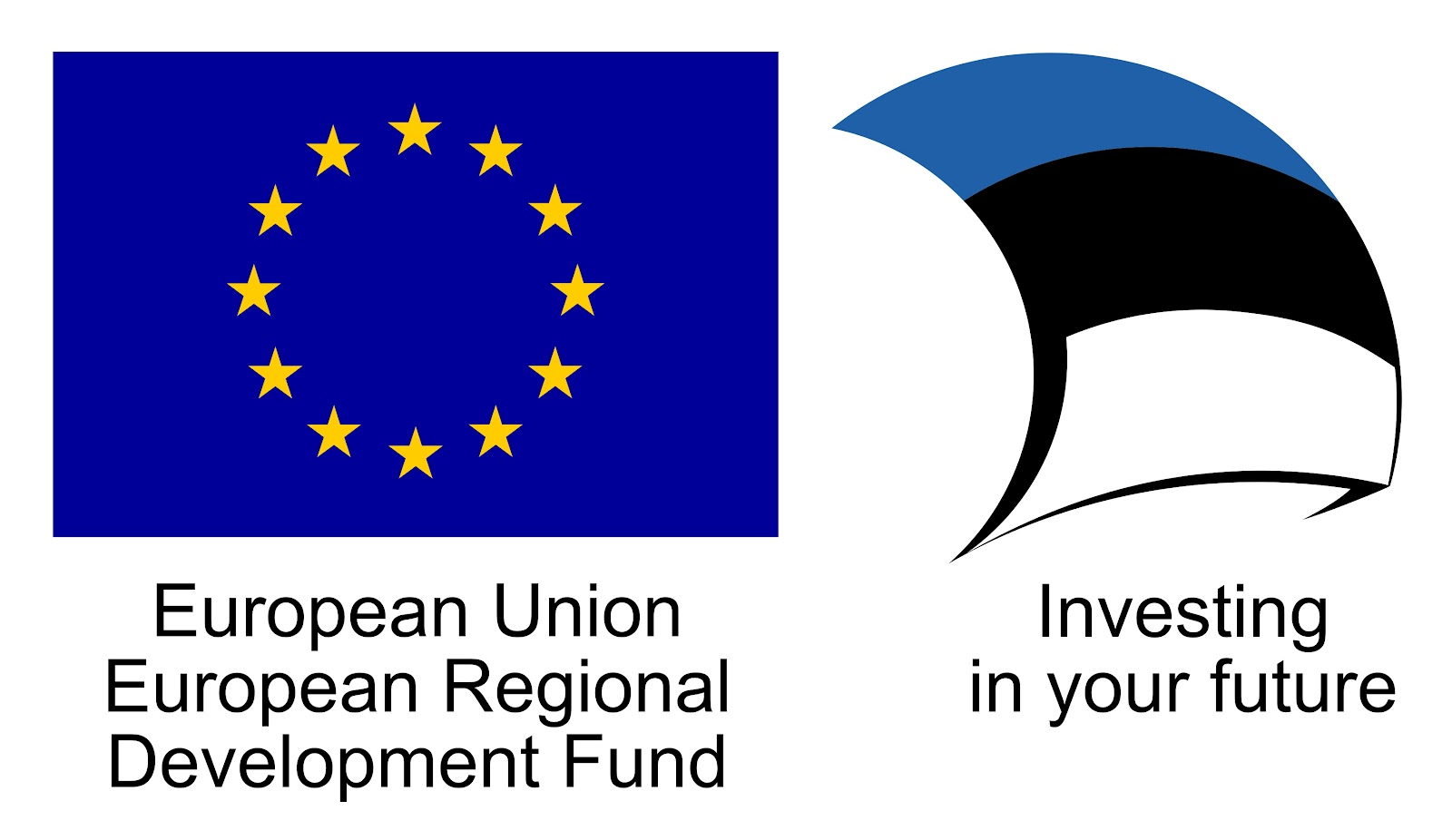A Three-Day Advanced Training Course: Causal inference based on non-experimental data
Add to calendar
iCal calendarEstimating causal effects is one of the central concerns of quantitative empirical social research. In research practice, often only non-experimental data are available, making causal inferences difficult due to non-random selection. In current empirical social science research, methods of modern causal analysis are increasingly applied to non-experimental data, which are based on a clear understanding of causality and explicitly address non-random selection. This workshop introduces these methods. According to theory-driven empirical social research, the idea of causal hypotheses is explained as a starting point, and the goal of causal inference is distinguished from the alternative goals of descriptive and predictive inference. Then, as a theoretical basis for all procedures, the counterfactual model of causality and the theory of causal graphs (DAGs - Directed Acyclic Graphs) are introduced and practiced with practical examples. The implications for regression analysis are explained, such as selection of control variables, causal model construction, and regression adjustment procedures. Based on this, the methods (propensity score) matching, entropy balancing, inverse probability weighting, instrument variable estimators and difference-of-differences estimators are introduced in an application-oriented introduction. The methods will be practiced on a PC using the statistical program Stata. Cross-sectional and longitudinal social science data will be used for the practical examples.
Questions related to the course: liisa.martma@tlu.ee
About the Instructor
Michael Gebel is Full Professor of Methods of Empirical Social Research at the University of Bamberg. He graduated in economics and social sciences, and earned his doctoral degree in sociology at the University of Mannheim. He held a European Research Council (ERC) Starting Grant in 2018-23. He is board member of the European Consortium of Sociological Research (ECSR) and associate editor of the journal European Sociological Review (ESR). His research interests include life course research, multilevel analysis of international comparative microdata and methods of modern causal analysis.
